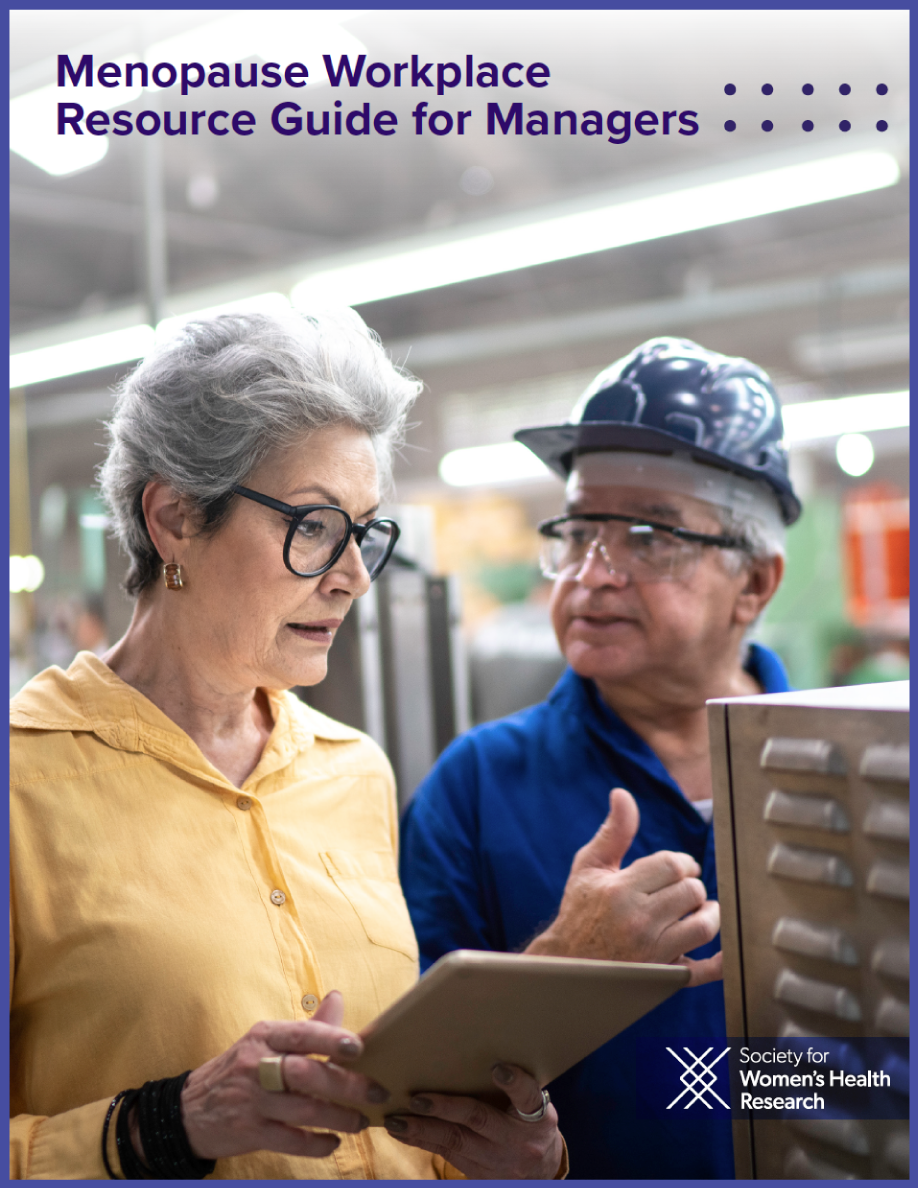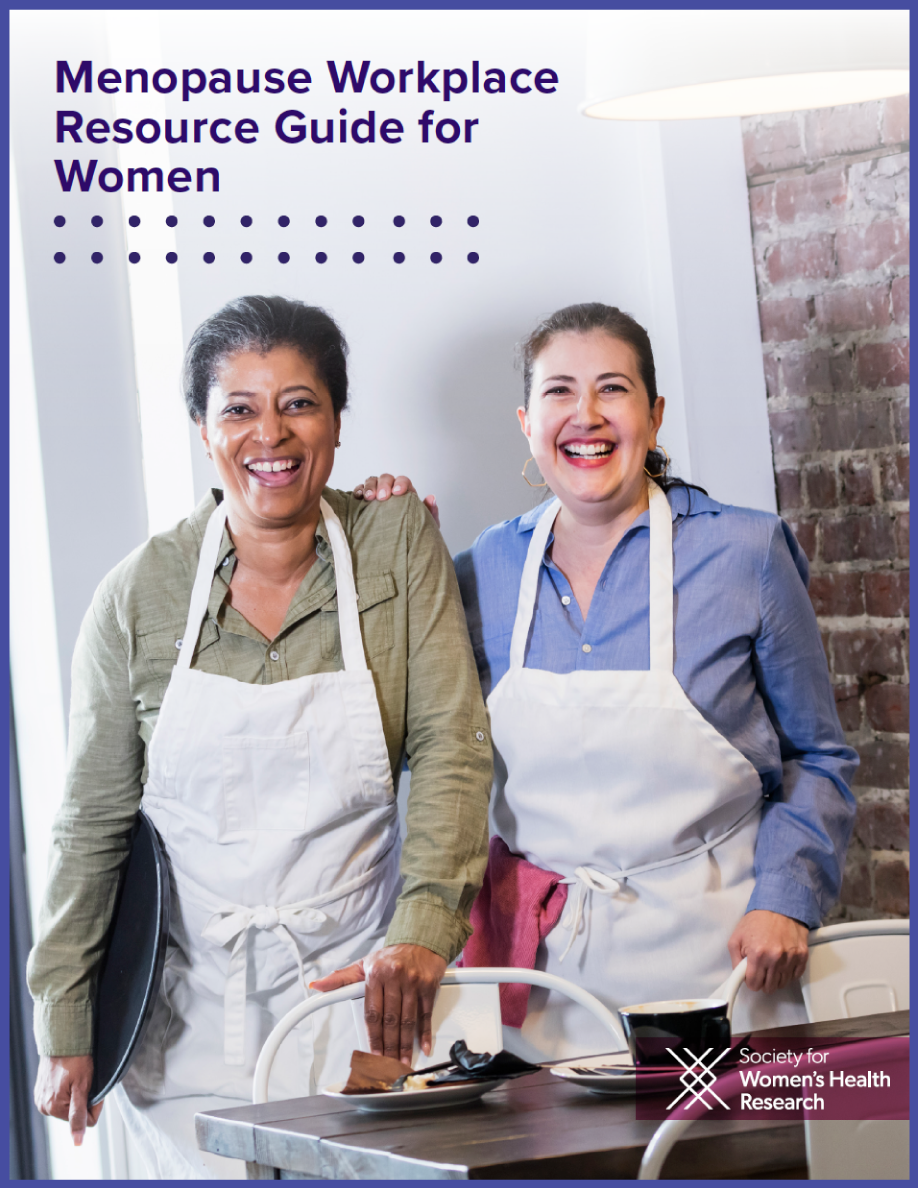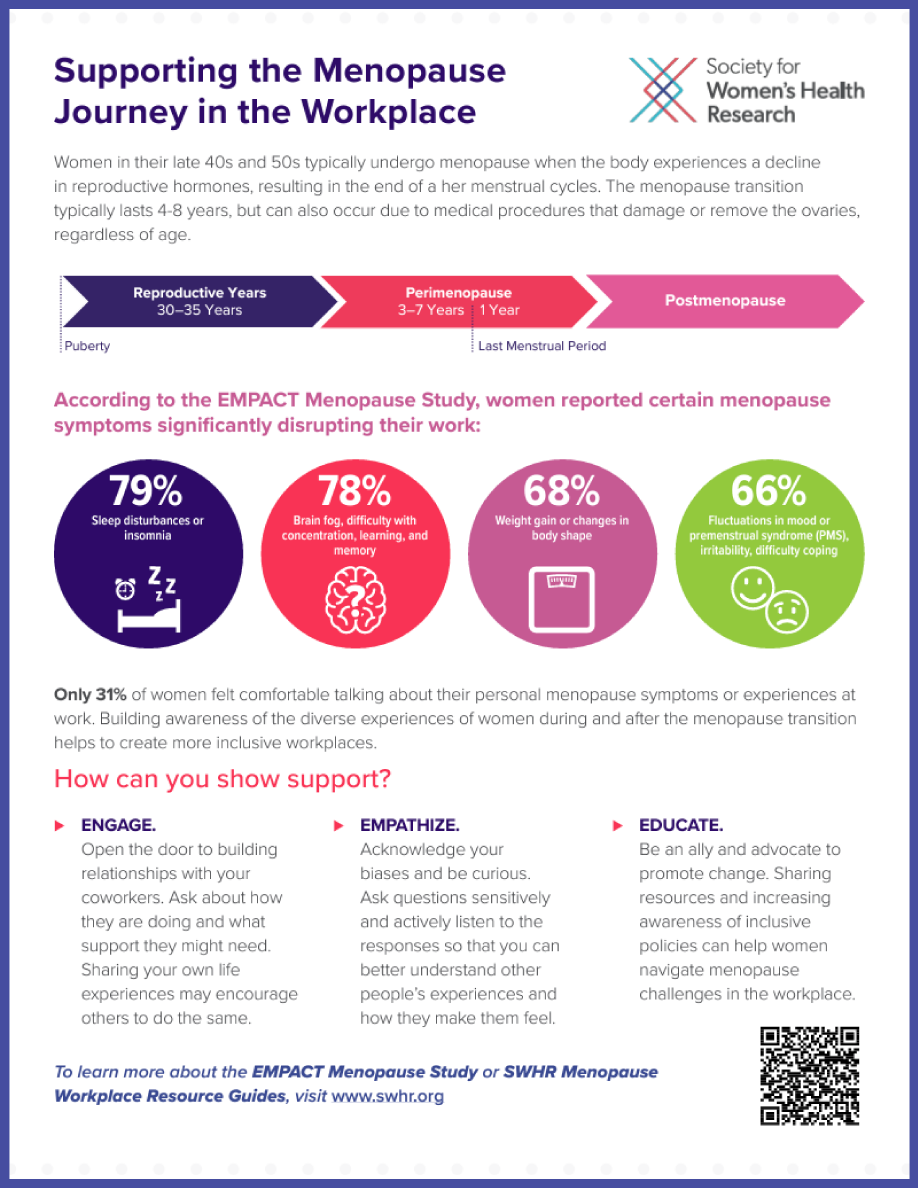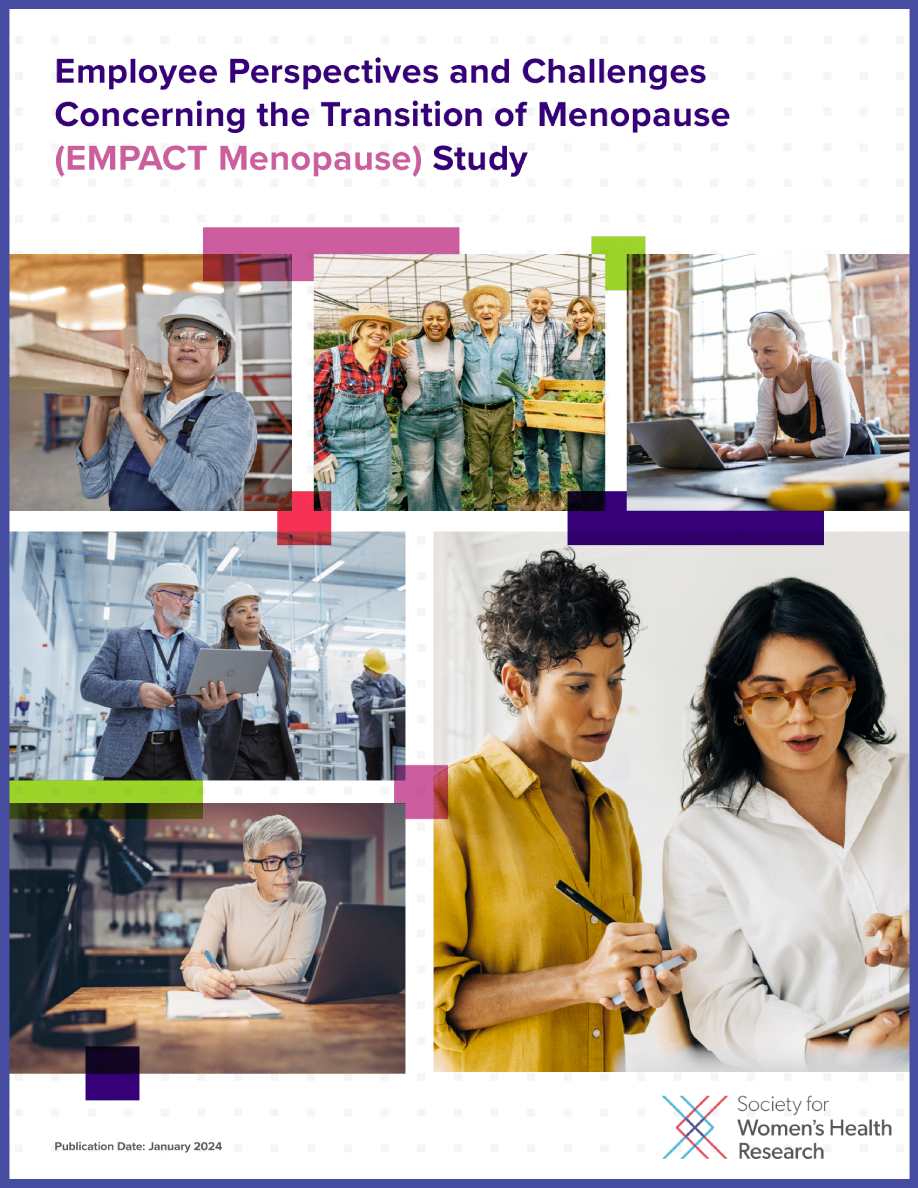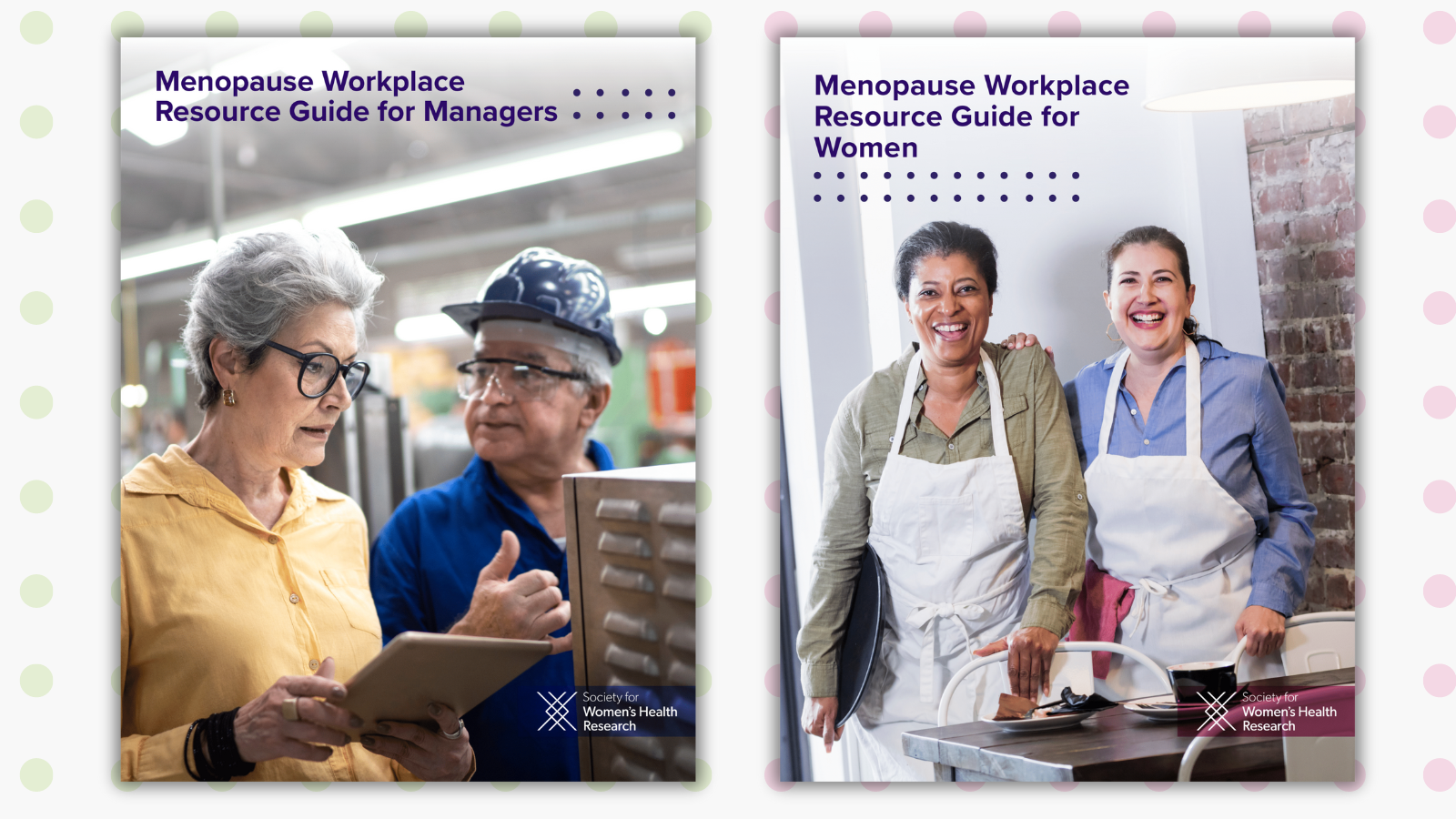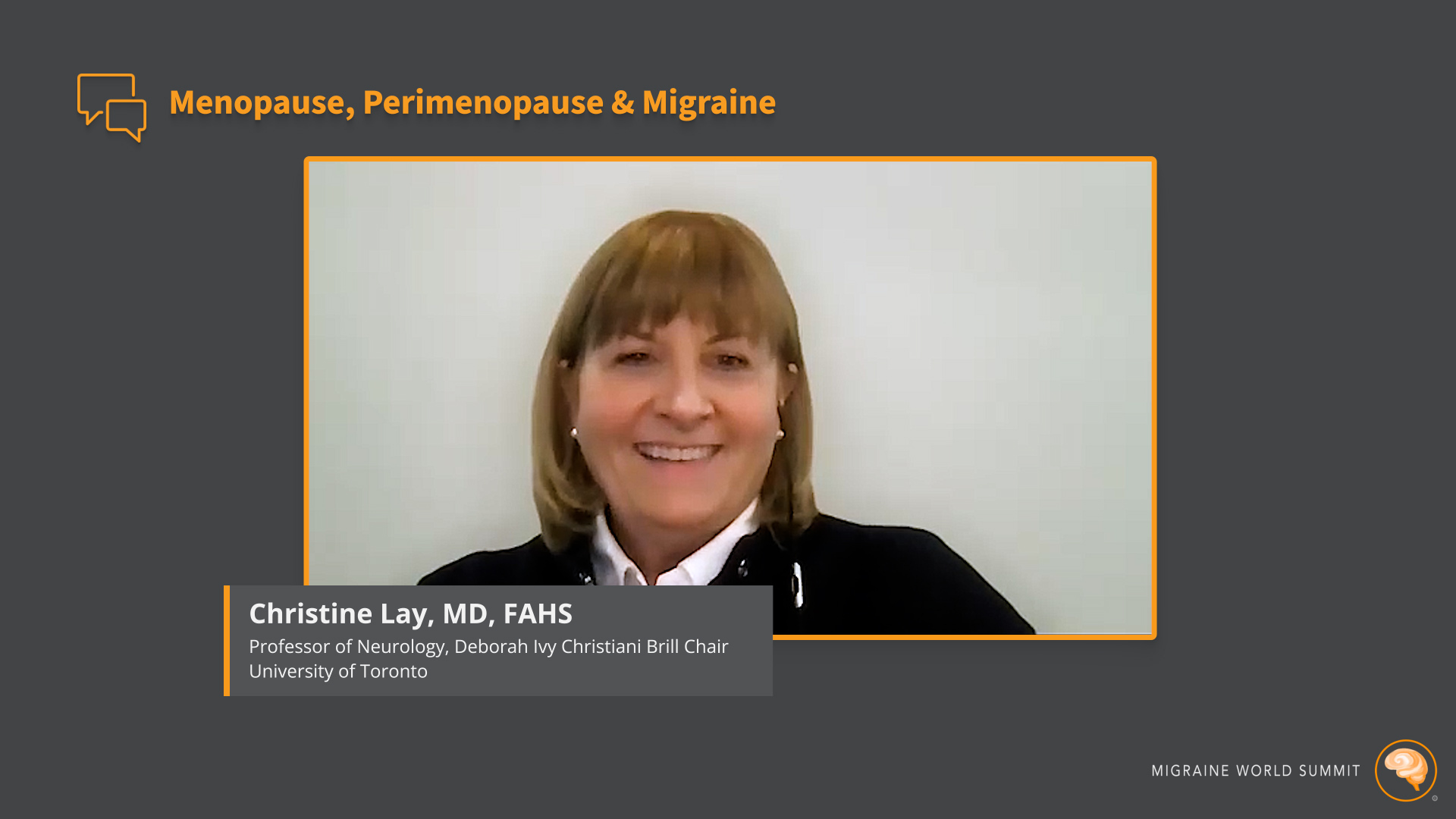Half of all individuals employed in the US between the ages of 40 and 64 are women – the majority of whom have begun or completed the menopause transition.
Yet, according to the Employee Perspectives and Challenges Concerning the Transition of Menopause (EMPACT Menopause) Study, 61% of employees indicated there were no menopause-specific policies at their place of work, and another 1/3 of employees were unsure if resources were available to them. Similar figures were represented among supervisors’ knowledge of workplace policies about menopause.
An estimated $150 billion is lost in menopause-related productivity costs worldwide each year, according to Bloomberg. Supporting women during midlife and the menopause transition is vital for retaining talent, fostering career growth, and boosting economic development – all hallmarks of a competitive business.
Employers are responsible for creating and maintaining a conducive and healthy work environment for all employees, including those experiencing menopause. The Menopause Workplace Resource Guide for Managers was created by the Society for Women’s Health Research (SWHR) to support employers and managers in understanding the menopause transition and fostering menopause-friendly workplaces.
Download Guide
Read more about the Menopause Guide for Women on the SWHR blog.
